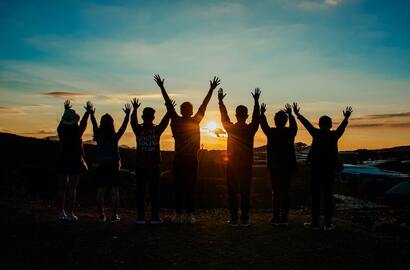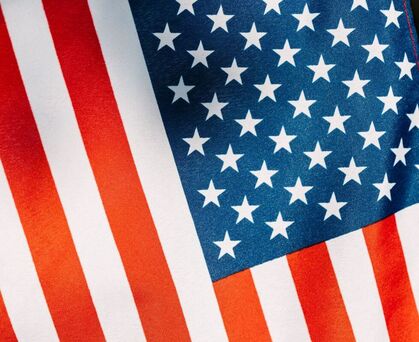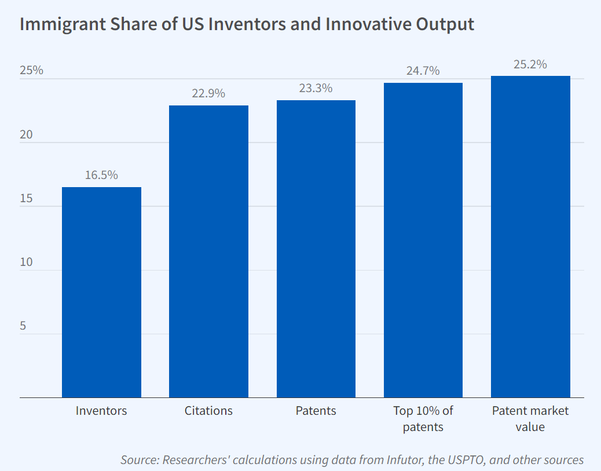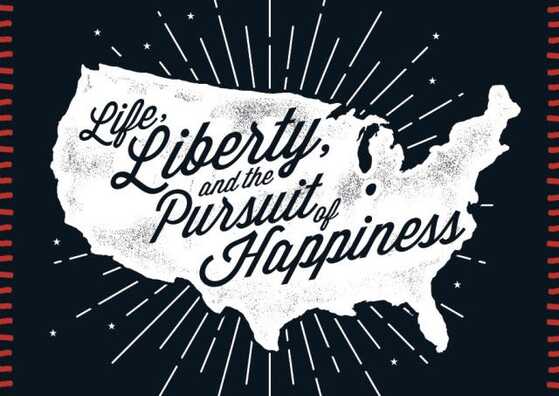In 21st Century American society it is easy to get sucked into the mindset of "us against them" or "me against the world" that appeal so much to our basal instincts, including fear of others. Human's penchant for being alert to threat and risk is deeply embedded in our evolution and requires cognitive effort to resist. Additionally, inequality and the precariousness of making a living in modern, capitalistic America leads to many living on the edge and/or fearful of falling from their current economic position.
- They, their parents, and their grandparents experienced more upward mobility during their lifetimes.
- They, their parents, or their grandparents immigrated to the United States.
- Bloom et al, 2020; Are Ideas Getting Harder to Find?
And so we come to the importance of improving immigration to the US to help in these areas.
They must be allowed to save, invest, trade, and profit. In a word, they must be free.
- From Superabundance
"There is nothing wrong with America that cannot be cured by what is right with America."
- The Challenges of Being an International Researcher: Implications for Advanced Degree Labor Markets (series from 2020)
- Precarity, Competition, and Innovation: How Economic Systems and Societal Structures Shape Our Future
- America's pandemic-era social safety net boosted entrepreneurship. What's next?
- Are Ideas Getting Harder to Find?
- The Burden of Knowledge and the “Death of the Renaissance Man”: Is Innovation Getting Harder?
- What do we know about the disruption indicator in scientometrics? An overview of the literature
- Immigration, Innovation, and Growth
- The Contribution of High-Skilled Immigrants to Innovation in the United States
- The Role of International Students in the US Higher Education System
- The Case for Economic Dynamism Report, from the Economic Innovation Group
- Immigration Policy is Innovation Policy, from the Economic Innovation Group
- The Economic and Fiscal Consequences of Immigration, National Academies of Sciences, Engineering, and Medicine Report
- Why America is Still the Land of Opportunity for Immigrant Entrepreneurs (And Why We Should Thank Them)
- We Need an Abundance Agenda
- What Policies Promote Abundance?, from the Center for Growth and Opportunity








 RSS Feed
RSS Feed